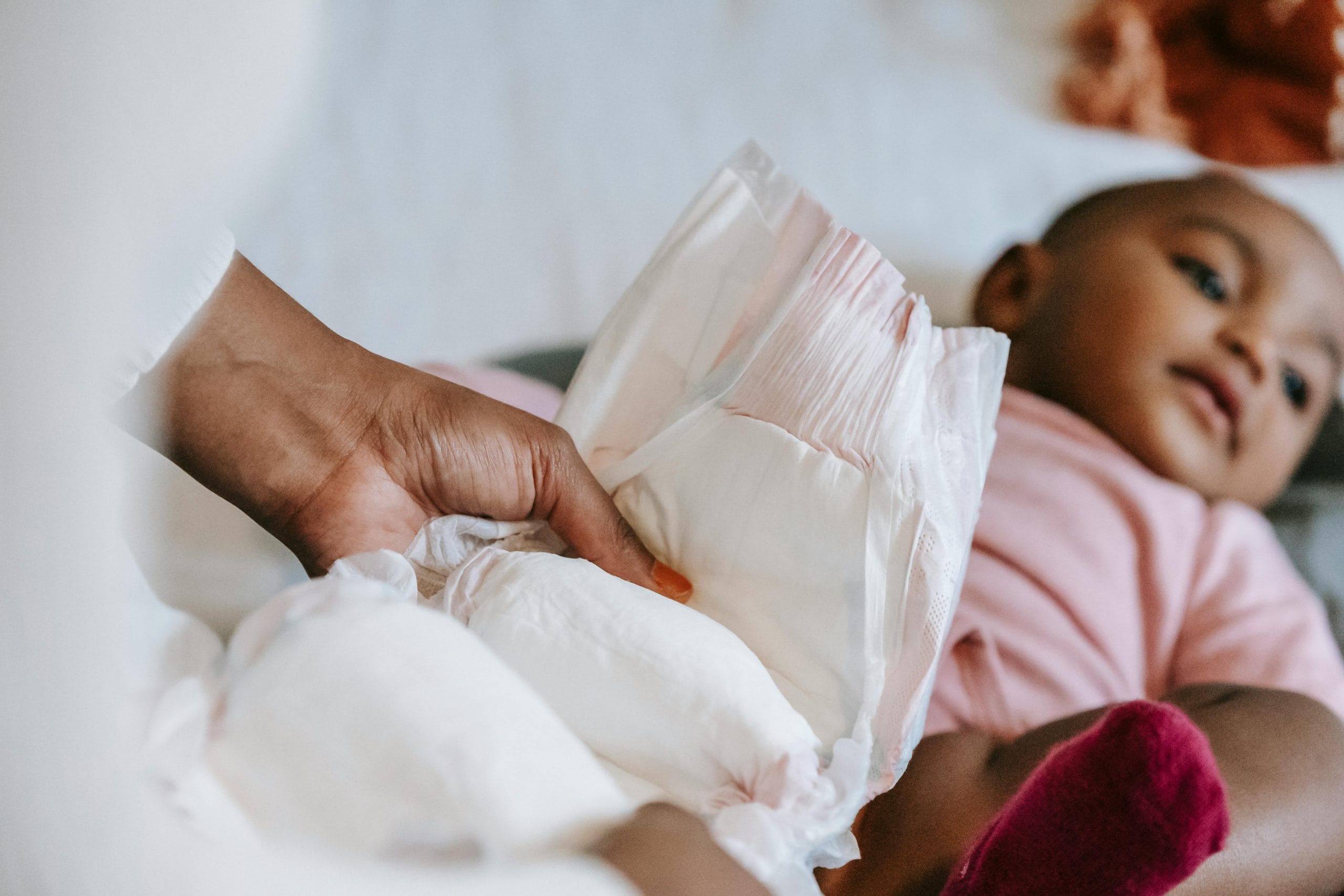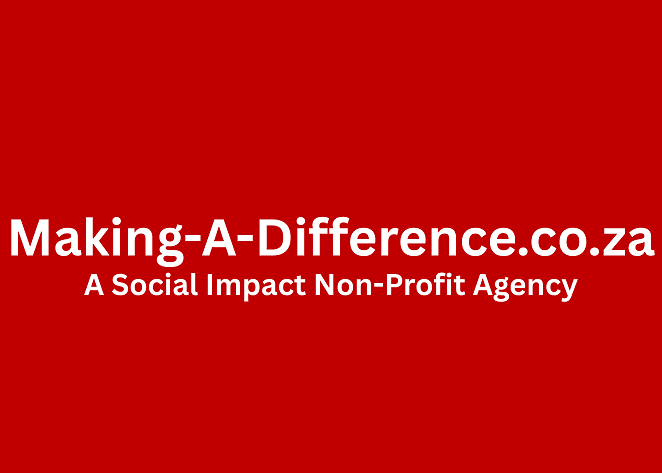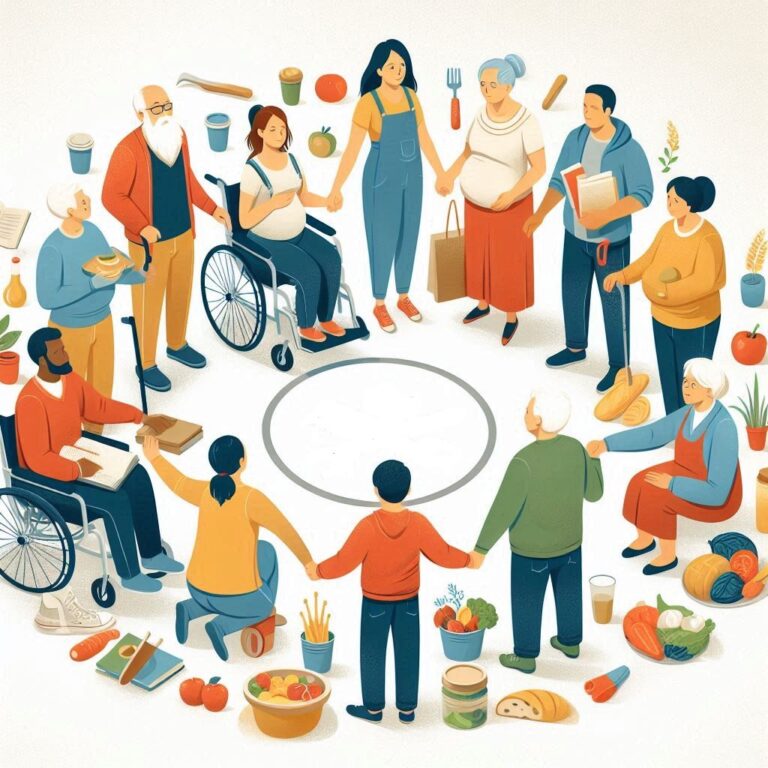A Diaper Is Huge
Supplying disposable diapers to teenage mothers in South Africa during exam periods is a transformative intervention that addresses both immediate practical needs and broader educational goals. Here’s a comprehensive breakdown of why this support matters:
1. The Time Burden of Childcare
For teenage moms juggling parenting and schooling, daily tasks like washing cloth diapers or managing leaks can consume hours of their time. Disposable diapers eliminate the need for constant washing, drying, and troubleshooting, freeing up roughly two hours per diaper that can be redirected toward studying. During exams, when every minute counts, this time becomes invaluable. A student who might otherwise spend evenings scrubbing diapers can instead review notes, practice past papers, or rest—critical for academic success.
2. Socioeconomic Context in South Africa
Teenage pregnancy remains a significant challenge in South Africa, with many young mothers facing stigma, financial hardship, and limited access to childcare. Disposable diapers are expensive and often treated as a luxury, forcing families to prioritize food or utilities over hygiene products. By providing diapers, we alleviate financial strain and reduce the risk of mothers missing exams or dropping out due to competing responsibilities. This support is especially urgent in underserved communities where systemic barriers—like lack of running water—make cloth diapers impractical.
3. Psychological and Academic Impact
Diapers are the most requested item because they address a tangible, recurring need. Without them, stress over diaper shortages or leaks can distract students during study sessions and exams. Reliable access reduces anxiety, allowing moms to focus better. Imagine a student worrying about her child’s comfort during a math exam versus one who knows her baby is clean and dry—the mental clarity alone can boost performance. Additionally, distributing diapers through schools or community centers creates a supportive ecosystem, signaling to these moms that their education matters.
4. Strategic Timing: Exam Periods
Concentrating distribution around exams maximizes impact. A month’s supply during this critical window ensures moms aren’t scrambling to find diapers while preparing for tests. Partnerships with schools or NGOs can streamline logistics, embedding the initiative into existing support structures. For example, a mom collecting diapers during a pre-exam study workshop receives both resources and encouragement, reinforcing her ability to succeed.
5. Long-Term Benefits
Education is a lifeline for breaking cycles of poverty. By helping teenage moms pass exams, we empower them to pursue higher education or vocational training, improving their earning potential and their children’s futures. It also challenges societal perceptions, showing that young mothers can thrive academically when given practical support.
6. A Call for Empathy and Action
This initiative isn’t just about diapers—it’s about dignity. It acknowledges the dual role these teens navigate and invests in their potential. For the cost of a pack of diapers, we give them time, confidence, and a fairer shot at building a brighter future. In a country where gender inequality and poverty often limit opportunities, this simple act of support can ripple outward, fostering resilience and hope.
In summary, providing diapers is a pragmatic, compassionate strategy that transforms a basic need into an educational tool, helping teenage moms in South Africa reclaim their time, their focus, and their futures.
This article was inspired by Kerry from the Saving Futures Outreach Programme and Upper Highway Baby Home.
Support our Diaper Fund







